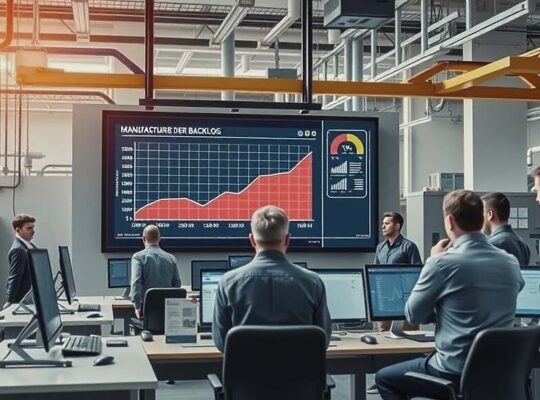Germany’s housing market continues its upward trajectory, defying expectations of a slowdown, according to a new report released Thursday. The Empirica Regio Property Price Index reveals that new-build apartment prices have risen in 74% of the country’s 400 districts compared to a year ago, driven in part by escalating rental costs.
The average price for a new-build apartment now stands at €5,166 per square meter, representing a 3.4% increase year-on-year. Prices for detached and semi-detached houses also saw increases in six out of ten districts. However, the most significant surge is evident in the rental market, where new-build rental offers are now 4.9% higher than a year prior.
This confluence of rising rental costs and increased purchasing interest is contributing to the continued appreciation of property values, according to Tobias Just, Professor of Real Estate Management at the University of Regensburg. He argues that the escalating cost of renting is prompting more individuals to consider homeownership, creating a “phase of strengthening” within the housing market.
While Reiner Braun, Managing Director of Empirica Regio, acknowledges the upward trend, he suggests a moderation is occurring. He predicts that average new-build property prices will see only “slight increases” in the coming months. However, this assessment is tempered by the continued strength demonstrated in the latest index data.
The report highlights the widening urban-rural divide, with younger generations increasingly migrating away from rural areas, contributing to price disparities. The data, compiled from more than 100 real estate platforms including Immoscout24, Immowelt and Immonet, underscores a complex situation facing policymakers. The sustained increases, particularly in light of broader economic challenges, raise concerns about affordability and accessibility for a significant portion of the German population. The continuous upward pressure indicates a potential need for government intervention, particularly regarding policies impacting rental costs and supporting housing development in less populated regions to mitigate the escalating urban sprawl and its consequences.












